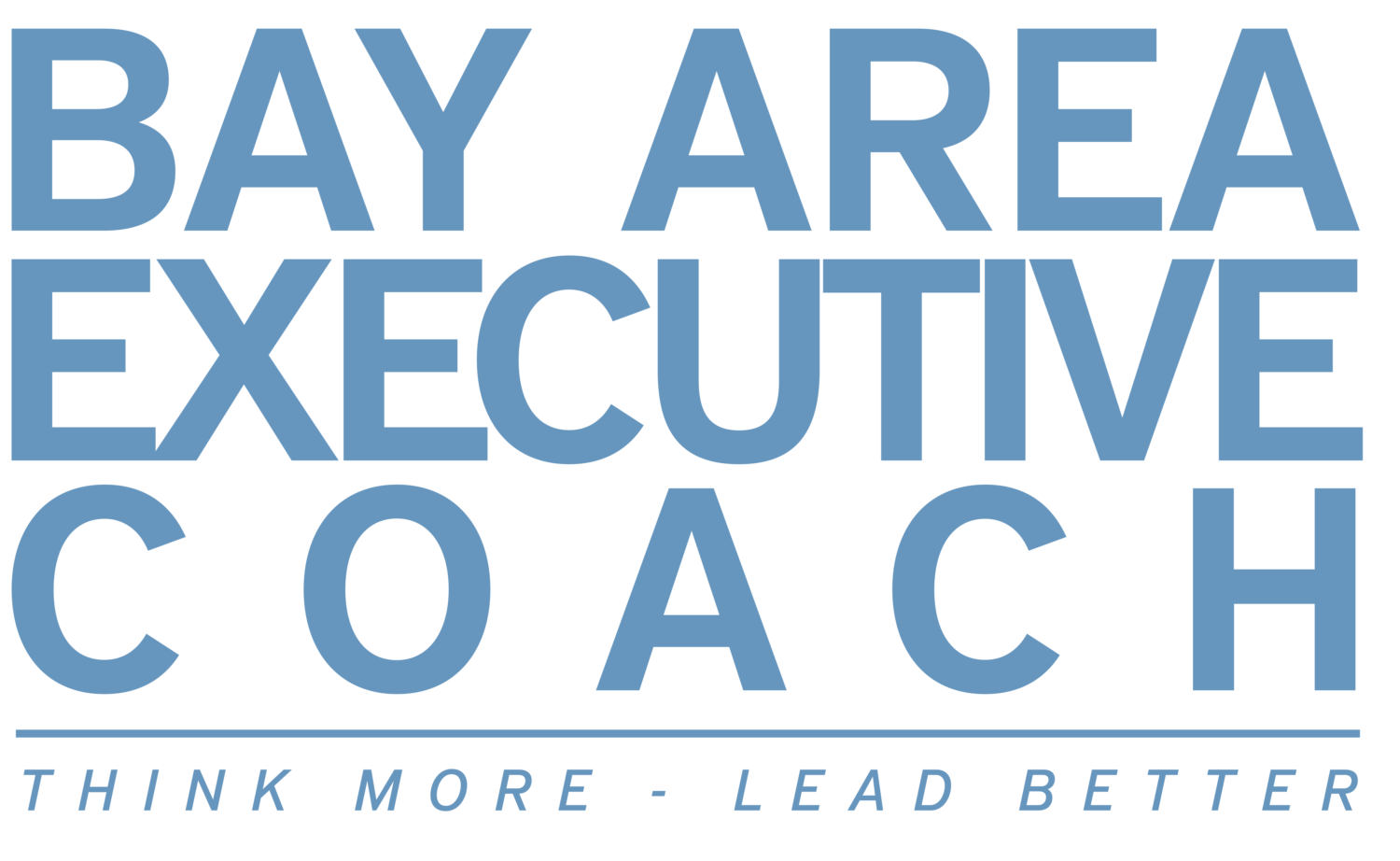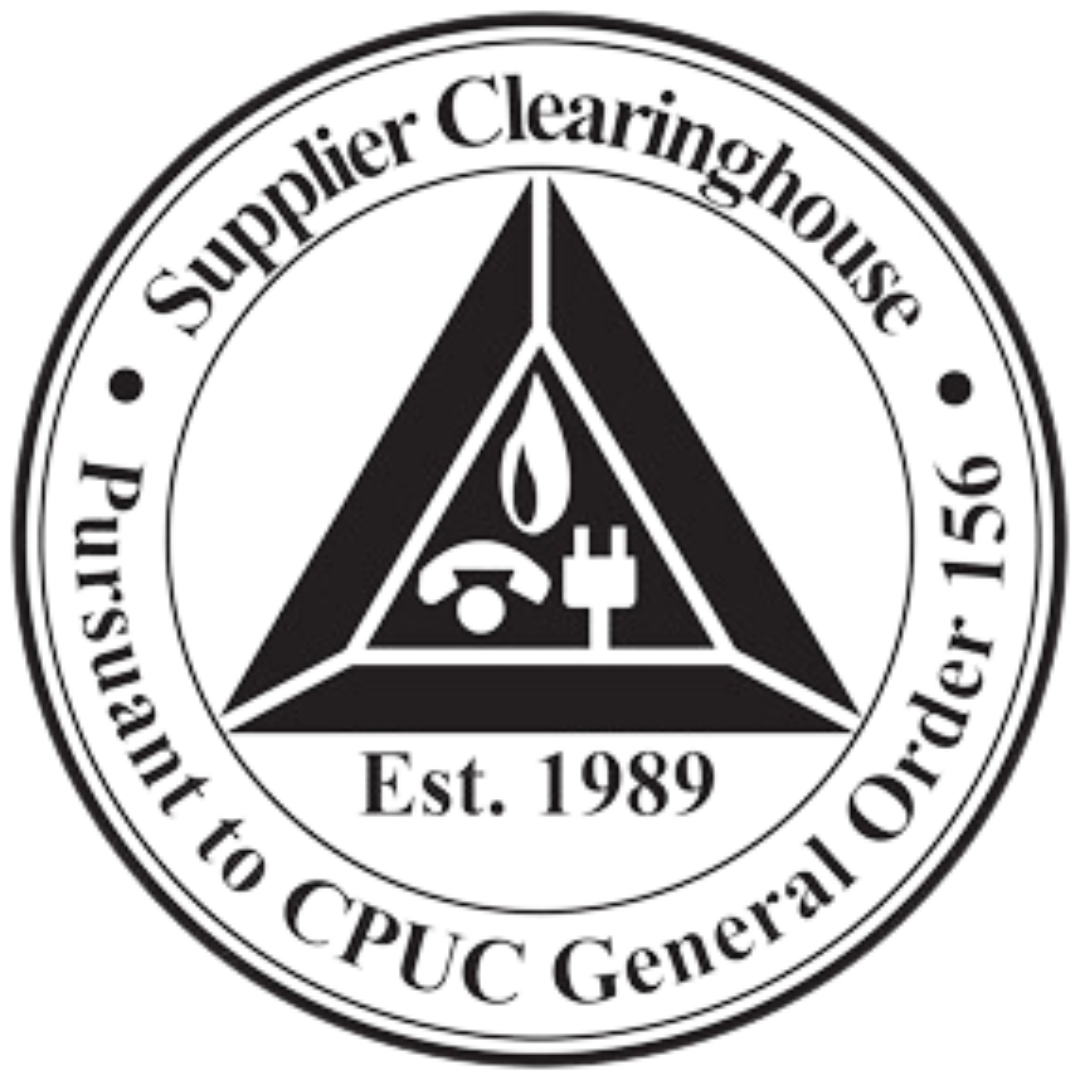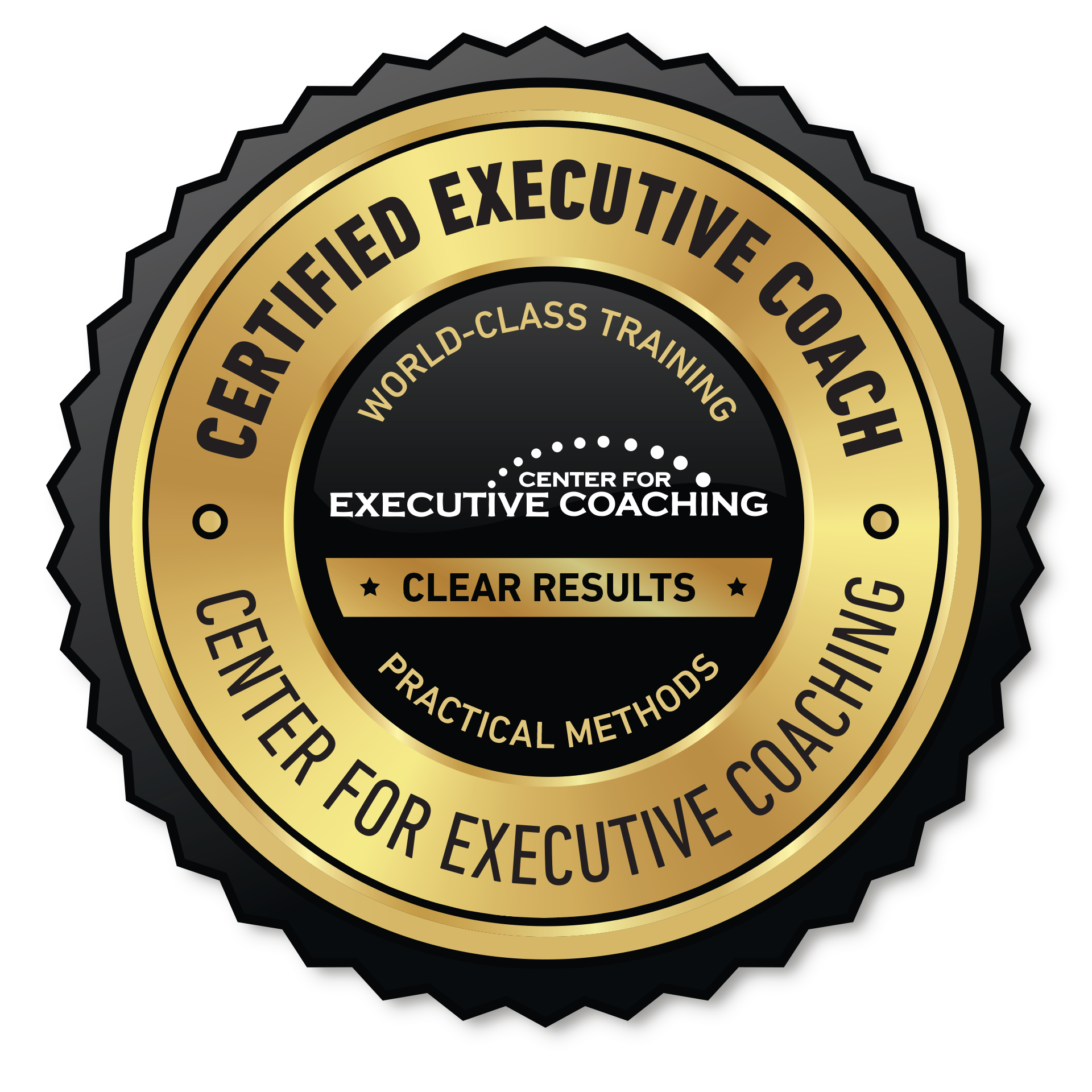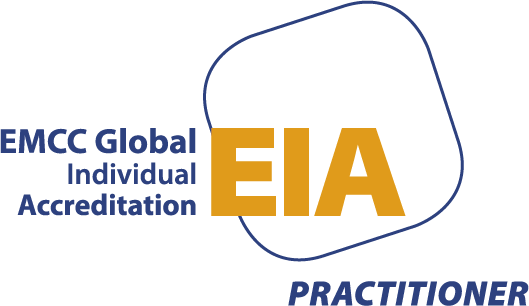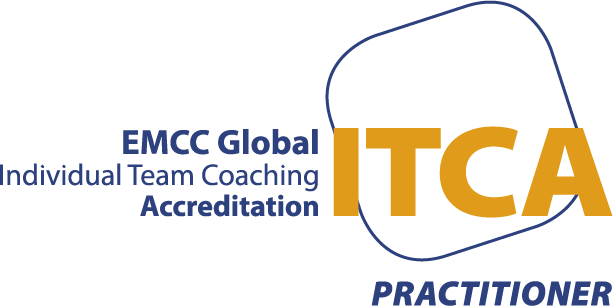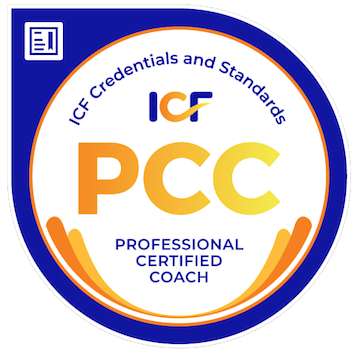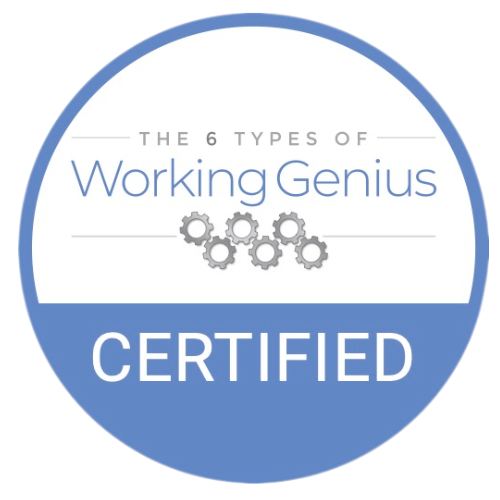After searching online for executive coaches in your area, you’ve zeroed in on a list of candidates who look suitable. A series of phone calls and emails leads to a series of interview appointments, and you’re ready to start the process of picking your coach. This is an important decision, since choosing the right coach can have a significant impact on your career.
With that in mind, here are some important questions to ask the coaches in consideration to better determine which one might be the best for you.
- What credentials do you have?

Executive coaching is a self-regulated industry, which means a coach doesn’t need a license to practice. However, it’s important to consider coaches who have recognized credentials and certifications such as those from the International Coaching Federation or the Center for Executive Coaching. These third-party attestations to the professional capabilities of an executive coach ensure your coach has received in-depth training in the field and has the right skillset and ethical grounding to perform as an effective coach.
- What’s your coaching experience and success rate with leaders like me?
You want to know how long they’ve been coaching and what kind of success track record they’ve had with leaders like you. Be sure to explain your goals and reasons for seeking an executive coach and ask them about their experience in coaching someone with similar goals. Be leery of a coach who claims a 100% success rate with their clients. You want a coach with confidence but also humility, because no coach can guarantee results. External factors often come into play during a coaching engagement and may help or hinder a successful outcome.
- How do you define and measure success in a coaching engagement?
What are your coach’s methods for measuring success? Do they use assessment tools to track progress, or do they work to affect long term changes in their coachees that take time to apply and evaluate? Do they incorporate the views of those around the client such as formal online 360s or confidential 1on1 interviews to gauge visible progress by the coachee? Knowing how the coach measures success will help you to see that they have a structure and method that may increase the likelihood of a positive outcome.
4. What kinds of clients have you had the most success with?
You want to understand the coach’s niche. Some coaches focus on transition coaching (helping people be successful in a new assignment) while others focus on helping their clients become better in their present roles. Some executives feel more comfortable being coached by coaches who have experience in their particular industry or even their job role. While it’s arguably not at all necessary for an effective executive coach to have worked in the client’s industry or previously held a role similar to the coachee, it is understandable that clients may feel more comfortable working with a coach who can clearly relate to their day to day challenges.

5. What happens in a typical coaching session?
You want to know what to expect, so ask the coach to walk you through a typical coaching session. Good coaches will want you to drive the agenda of each coaching session, in keeping with overall goals of the coaching in mind. They might also mention what types of conversations they would typically have with a client and the roles they might play such as sounding board, challenger, reflector and co-creator. The richer the conversation around what might happen in a typical session, the more likely the coach has plenty of experience working with diverse clients in a variety of scenarios.
- What is your typical coaching process and cost?
It’s important to ask about the nuts and bolts of their practice so you can plan appropriately. Ask about their fees and payment terms. What’s the time commitment? Do they use assessment tools or 360s and, if so, does that cost extra? Can you contact them in between sessions if you feel a need or urgency? How do they, or you, terminate an engagement when it’s just not working out? Do they require a signed contract or agreement for the coaching? What’s their cancellation clause when you need to miss a session? You should leave the interview with a clear idea of the business side of your potential coach’s practice.
- How do you treat confidentiality?
If you’ve not worked with a coach before, then this is a good question to ask to learn more about the level of confidentiality you can expect within the coaching relationship. This is especially important in situations where your employer is sponsoring for the coaching engagement. How will the coach engage with the sponsor? What will they share about the coaching relationship?
- What would you like to know about me?
The best interviews are two-way streets where both parties ask questions of the other. A good coach will have a clear list of questions they may ask to determine whether you’re a good fit for them. They may want to know how coachable you are, and what your initial thoughts are about what you’d like to accomplish via coaching. A coach’s questions can give you a great sense of their style, their priorities, and their values.
- What else would you like me to know about you?

This question, perhaps best left for last, gives the coach an opportunity to share something about themselves you may not have asked. They may bring up their reasons for becoming a coach or their special achievements or awards, or even some personal aspect of their lives that would be relevant to their coaching practice. This free-form question could lead you towards a deeper understanding of the person who may become your executive coach.
Above all, trust your gut instinct and your inner voice. You will usually feel a strong chemistry when you meet the right coach. You feel comfortable and willing to be yourself and truly share what you aspire to and hope to gain from coaching. When you feel this and the business side of things seem to fall into place, too, then you’ve likely discovered a good match.
Need more information to determine if executive coaching is right for you? Read our article: What Does An Executive Coach Do?
At Bay Area Executive Coach, we want to not only be your preferred coaching service provider, but also prove to be a resource should you be looking for a coach who specializes in an area different than our own. Contact us without hesitation to let us know how we can help you be the leader you aspire to be.
Here are more resources related to this topic:
Articles
- How Executive Coaching Services Can Help Your Company
- Empowering Your Leadership Through Executive Coaching Services
- From Manager to Leader: Executive Coaching for Leadership Development
Case Studies
- Helping a Young Leader Garner the Respect & Loyalty of Her Veteran Team
- Empowering a CEO-Designate to Rise to the Challenge
- Guiding a Leader to Employ Emotional Intelligence at Work
- Sometimes You Need to Slow Down to Move Ahead
YouTube Videos
- What is Executive Coaching? | Explaining Coaching to Someone Who Has Never Been Coached
- Why Executive Coaching is So Powerful! | Benefits of Working With an Executive Business Coach
Featured photo is from ©Emmy E via Pexels. Secondary photo is from ©RDNE Stock project via Pexels.
